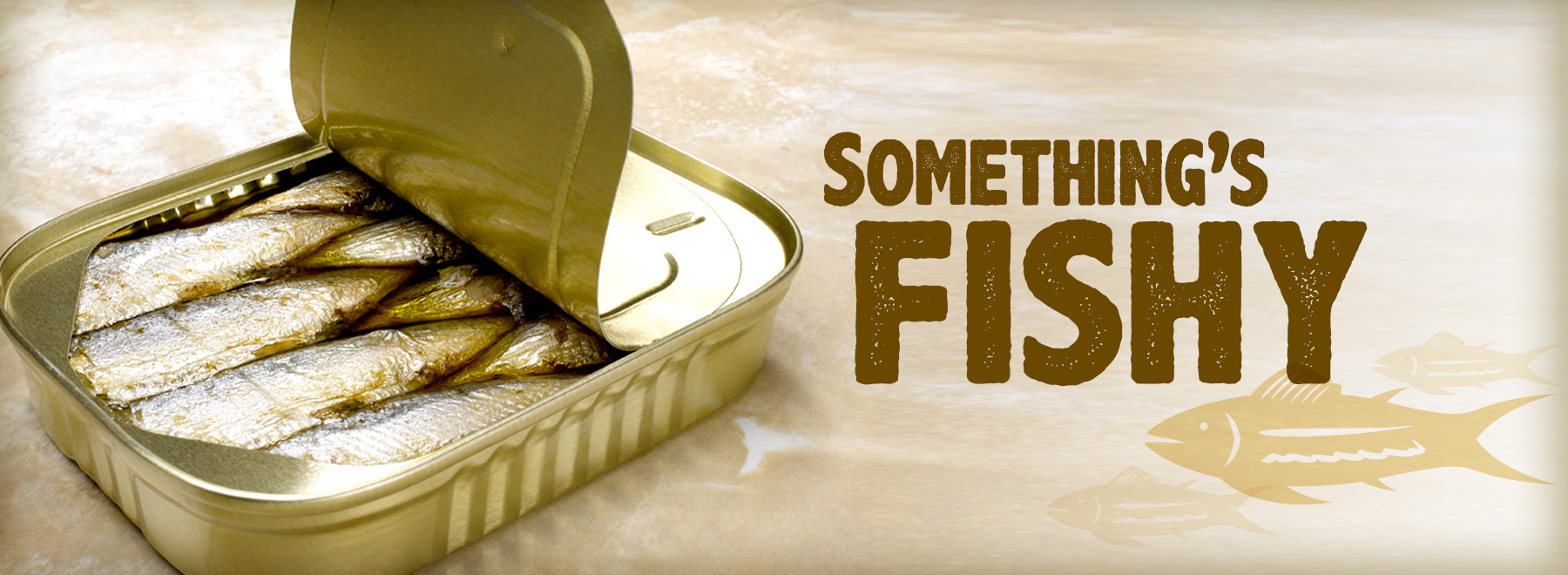Little fish pack a big dose of nutrition in proper amounts, experts say
Trendy health foods tend to come and go with the times, but those little fish your grandfather might’ve received in his war rations have become kingfish since pandemic-era lockdowns had us looking for shelf-stable snacks.
Sardines packed into tin canisters – hence the term “tinned fish” in Europe for the acquired taste and aroma – come packed with much the same benefits seen in the heart-healthy Mediterranean diet. Find your favorite cracker, and you can top it with a 200-calorie snack that comes with 22 grams of protein, low carbs, a shot of vitamins and minerals such as D, calcium, magnesium and phosphorus and a nice kick of omega-3 fatty acids that promote good health for the heart, skin, bones and immunity. And they’re lower in mercury than the more traditionally popular canned tuna or salmon.
All of it adds up to a heart-healthy addition for American diets – but with some caveats for those on cardiac medication.

“Sardines can be safely characterized as a heart-healthy food, and could be part of the weekly nutritional program of a family,” said Dr. Lampros Papadimitriou, assistant professor of medicine in the Department of Cardiology. “However, as a cardiologist, I would point out that everything in life should be used in moderation. Despite their cardioprotective benefits, consuming too much omega-3 can affect people who take anticoagulation meds, as they may increase the potential bleeding risk.”
Nutritionists also stress restraint with the re-discovered delicacy that has helped pump up sales of canned seafood overall more than 3 percent worldwide since 2017. If eaten too often, the chemistry of a sardine can even pose risks for kidney health.

“Sardines make for a convenient lunchbox item or office snack, with healthy items for your diet like protein, omega-3s and vitamins D and B12, which are harder to come by in fruits and vegetables, for example,” said Rebecca Turner, a registered dietitian in the Department of Preventive Medicine. “But, they’re also high in sodium, which those watching their blood pressure should be monitor closely. Sardines also contain purines that break down into uric acid, so those who are prone to kidney stones or managing kidney conditions should eat them cautiously and in moderation.”
The tinned fish category includes not just sardines, but packaged tuna, mackerel and anchovies. They’re relatively inflation-proof as well, with those packed in basic marinades such as olive oil priced around a $1 a tin.
Higher-end brands of sardines, typically priced closer to $3 a tin, reveal the foodie influence on the little bait fish. Sold in everything from savory mustard-and-dill sauce to fiery hot sauces usually reserved for gumbo and stews, tinned fish have outgrown the pantry and are replacing meats on charcuterie boards. But salt is still the best preservative for all canned seafood, which is a double-edged sword for those trying to follow a strict cardiac diet. Also, the chemistry of a sardine poses other risks, including for kidney health.
A well-rounded plan for protein means getting it from both plants and animals, Turner said. That means lean poultry and meat, fin fish, low-fat dairy such as cow’s milk and Greek yogurt, beans, nuts and seeds, she said.
“And if you happen to have a seafood allergy, you can still enjoy some of the same benefits seafood provides but from other sources, such as walnuts, chia seeds, flaxseed or via supplements recommended by your health care provider.”
When shopping for the healthy fats and nutrients canned seafood can provide, always read the nutrition facts label to maximize the good and minimize the bad, health experts caution. Chief among the latter is the sodium, which is recommended at 2,300 milligrams daily.
“The potential detrimental effects of the sodium used for its preservation can be eliminated with better buying habits,” Papadimitriou said. “Check the nutritional fact label and choose the product with the lowest percentage of daily value of this essential nutrient.”
— — —
To make an appointment with UMMC heart specialists, call 601-984-5678 or go online here. For more information on the Department of Preventive Medicine, call 601-815-8982 or go online here.
The above article appears in CONSULT, UMMC’s monthly e-newsletter sharing news about cutting-edge clinical and health science education advances and innovative biomedical research at the Medical Center and giving you tips and suggestions on how you and the people you love can live a healthier life. Click here and enter your email address to receive CONSULT free of charge. You may cancel at any time.



